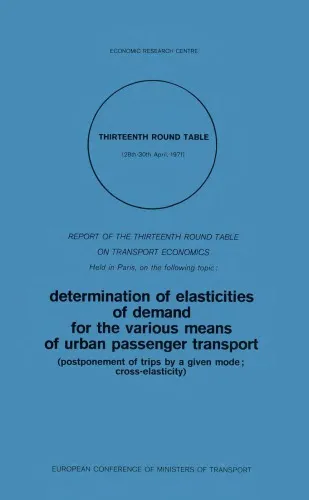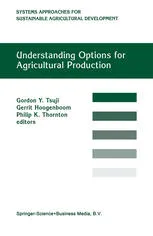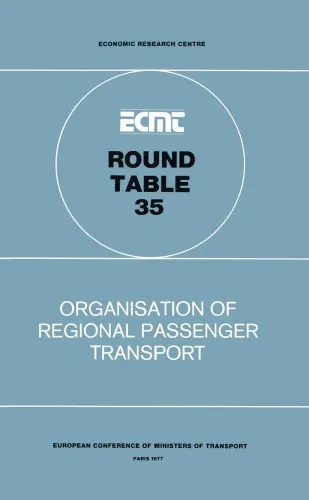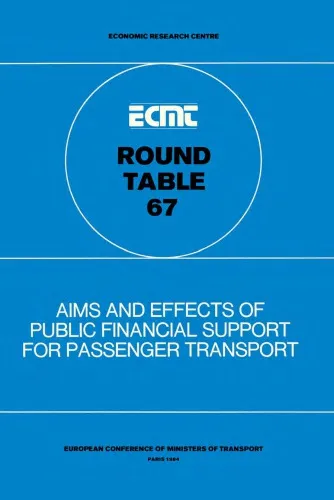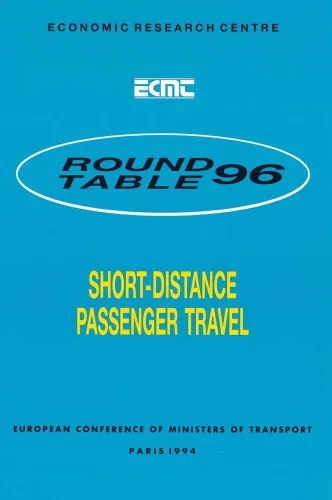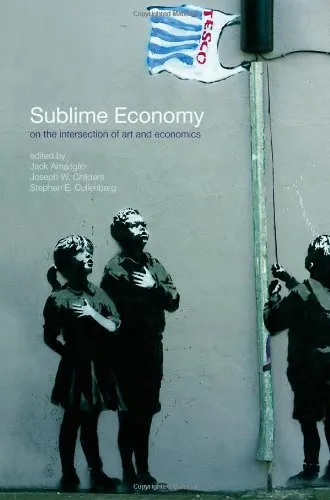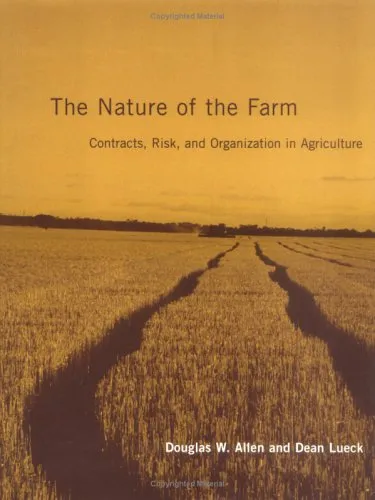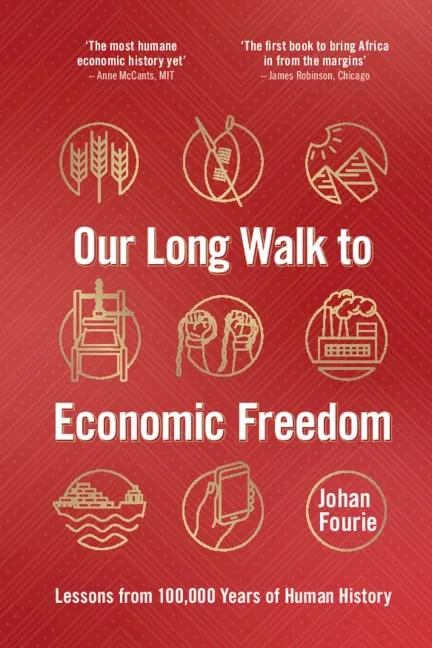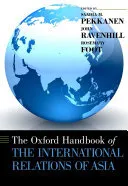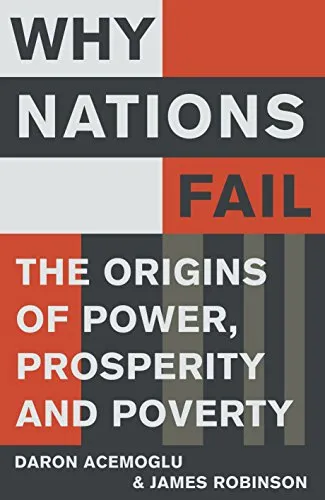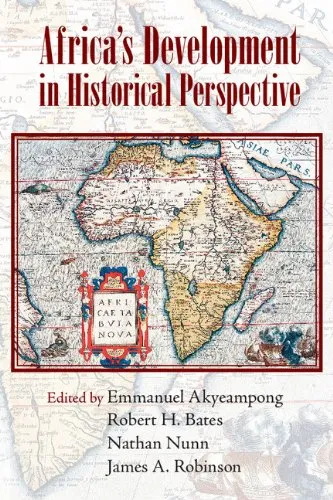Determination of Elasticities of Demand for the Various Means of Urban Passenger Transport (postponement of trips by a given mode; cross-elasticity) : Report of the Thirteenth Round Table on Transport Economics Held in Paris on 28-30 April 1971
4.3
Reviews from our users

You Can Ask your questions from this book's AI after Login
Each download or ask from book AI costs 2 points. To earn more free points, please visit the Points Guide Page and complete some valuable actions.Related Refrences:
Welcome to an insightful exploration of urban passenger transport demand—an integral report from the Thirteenth Round Table on Transport Economics that delves into the complexities of urban mobility systems and economic responsiveness. This book stands as a cornerstone work for policymakers, transport economists, and urban planners as it meticulously addresses the elasticities of demand for various modes of urban passenger transport.
Detailed Summary of the Book
This foundational report is the culmination of rigorous discussions held in Paris from April 28-30, 1971, under the auspices of the European Conference of Ministers of Transport. The discussions assembled an elite group of transport economists, policymakers, and practitioners to shed light on the intricate dynamics of demand elasticity in urban transport.
The primary focus is on the responsiveness of urban passenger transport demand to changes in price, service quality, and competitive pressure among different transport modes. The report distinguishes between own-price elasticity, cross-elasticity, and the fascinating aspect of postponement elasticity—an innovative concept at the time that examines the deferment of travel due to fluctuations in various factors.
Within these pages, readers will find a comprehensive analysis of how changes in transit fare, convenience, and availability ripple through urban transport systems. With empirical studies and data-driven models, the book meticulously examines the substitution effects between modes such as buses, trains, and individual automobiles, underscoring the economic interplay that governs urban commuting choices.
Key Takeaways
- The nuanced understanding of demand elasticity is crucial for developing fair pricing policies in urban transport.
- Postponement of trips can significantly impact transport demand elasticity and subsequently, urban congestion and economic vitality.
- Cross-elasticity analysis provides insights into competitive dynamics, enabling transport authorities to strategically manage resource allocation.
- The responsiveness of commuters to service quality changes emphasizes the importance of continuous infrastructure improvements.
Famous Quotes from the Book
"Understanding the elastic waves of demand in urban transport is akin to cracking the code of public mobility."
"An urban transport system can only thrive through a delicate balance of competitive pricing and quality service."
Why This Book Matters
As urban centers worldwide continue to burgeon, the criticality of efficient, responsive transport systems cannot be overstated. This book brings acute awareness to the subtleties of economic demand in urban transport and lays the groundwork for informed decisions that shape our cities. It informs today's discourses on sustainable urban mobility by providing a historical economic foundation and forward-thinking insights that are just as relevant today as they were in 1971.
With its scholarly approach and practical implications, this report is indispensable for professionals dedicated to refining urban transport networks and enhancing commuter experiences in the face of modern challenges.
Free Direct Download
You Can Download this book after Login
Accessing books through legal platforms and public libraries not only supports the rights of authors and publishers but also contributes to the sustainability of reading culture. Before downloading, please take a moment to consider these options.
Find this book on other platforms:
WorldCat helps you find books in libraries worldwide.
See ratings, reviews, and discussions on Goodreads.
Find and buy rare or used books on AbeBooks.
